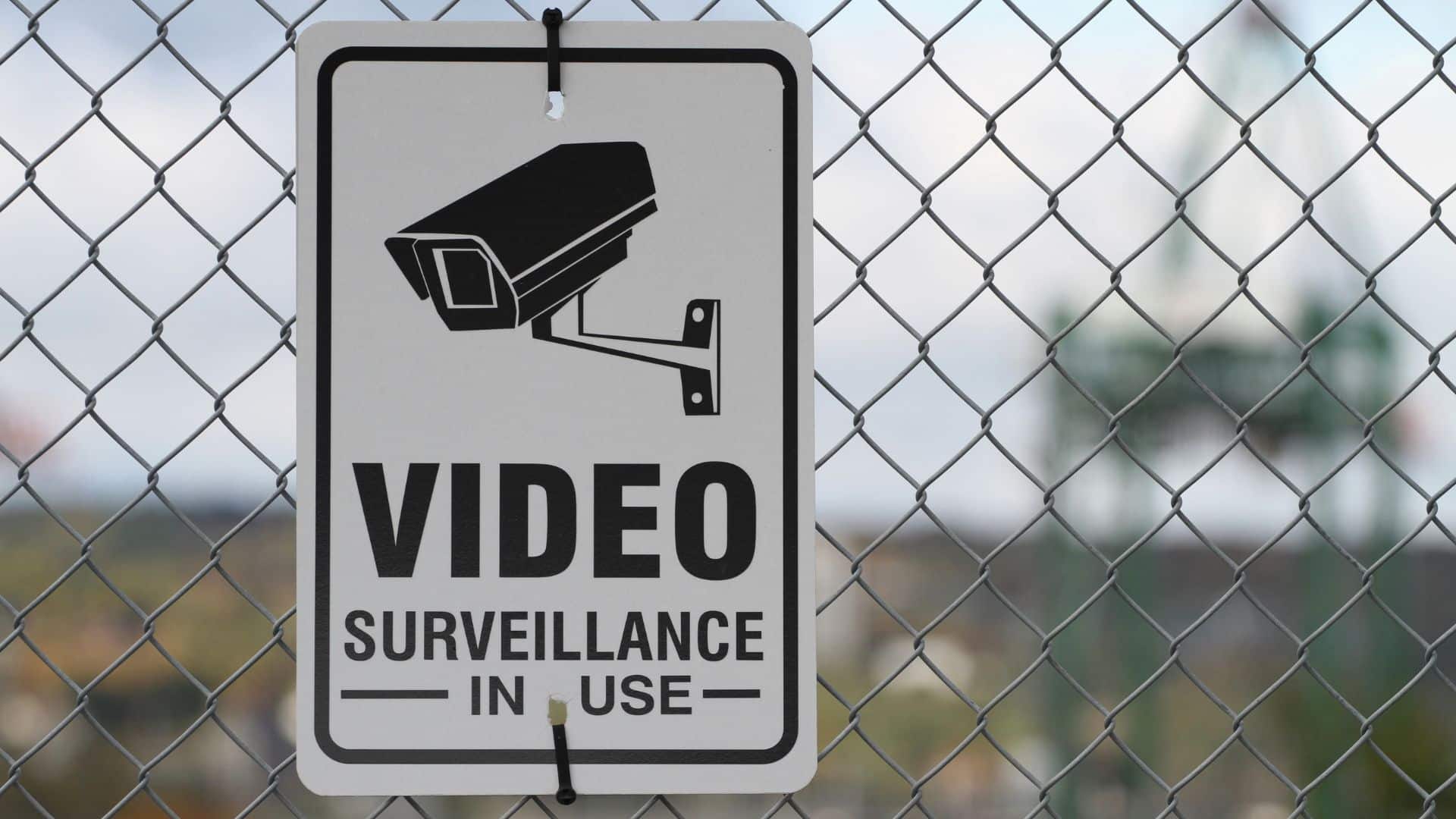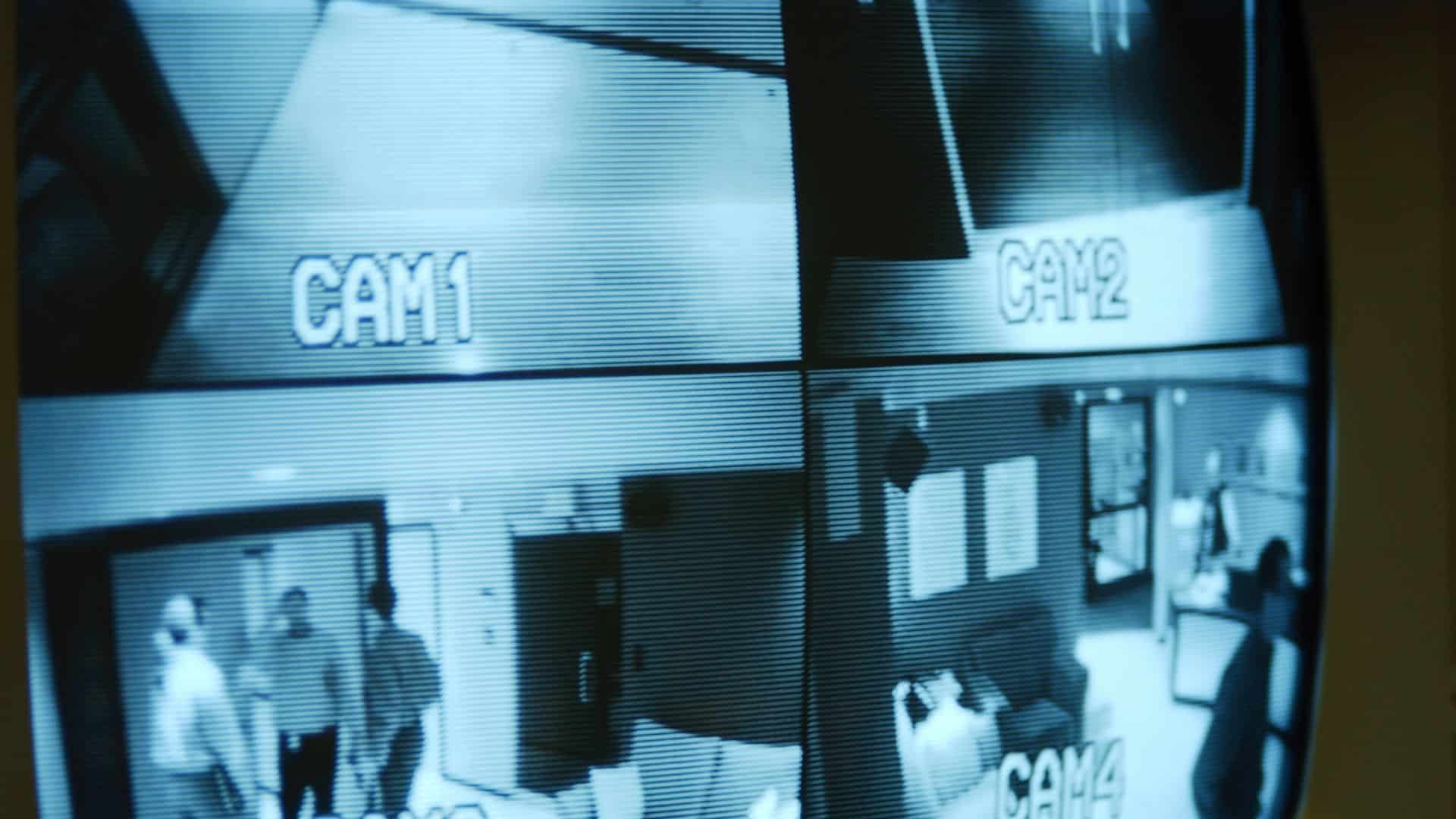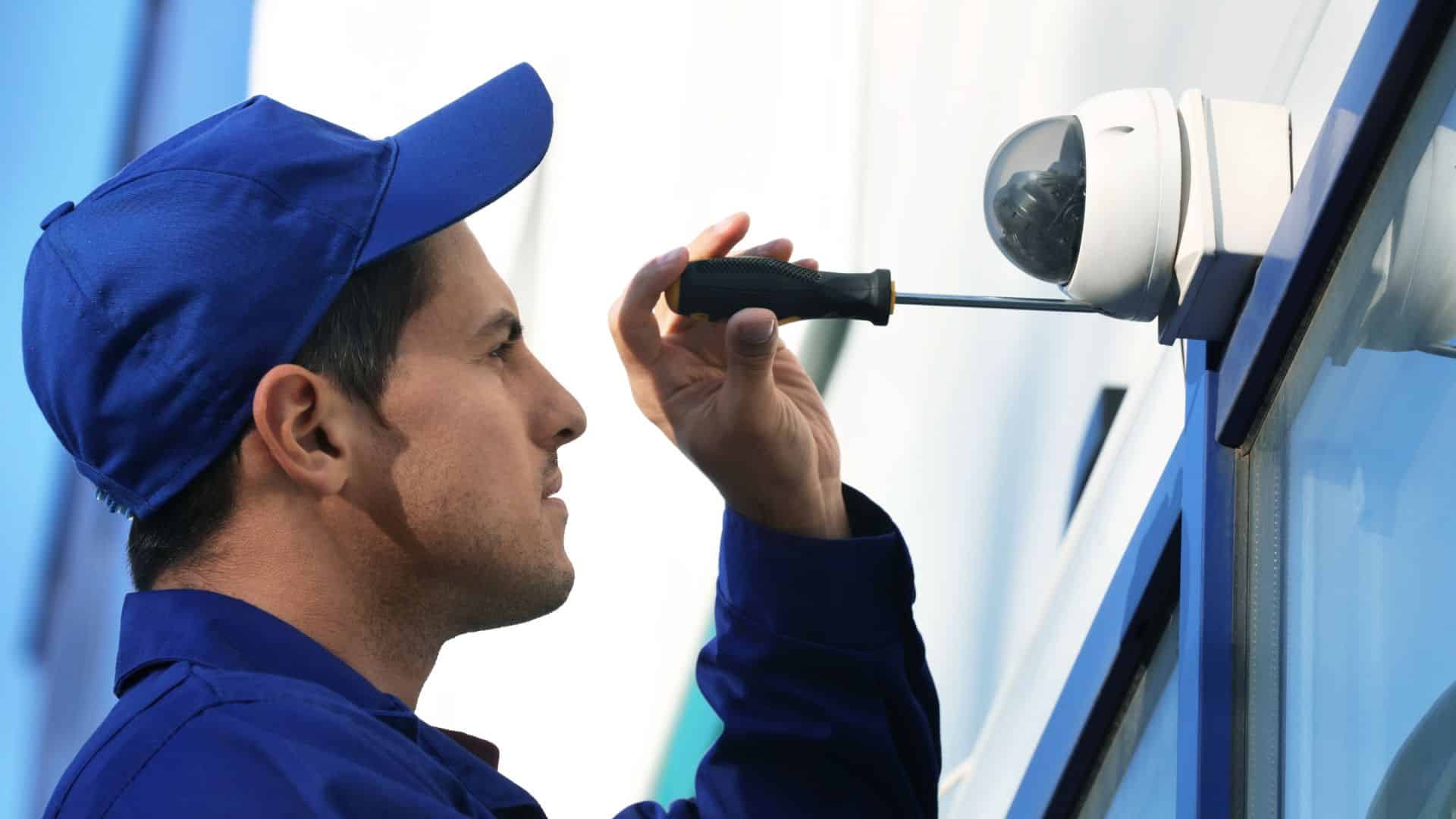Any Colorado Springs homeowner or business owner who is considering installing security cameras to enhance the safety and protection of their property needs a firm grasp of Colorado’s video surveillance laws.
However, while you want to ensure that your security measures comply with the law and respect the privacy of others, interpreting legalese can be challenging.
Whether you’re a homeowner looking out for your family’s safety or a business owner who wants to protect your commercial premises, this month’s blog will simplify Colorado’s video surveillance laws so you can make informed decisions about your CCTV camera system installation.
Understanding the Basics of Colorado’s Video Surveillance Laws
Colorado’s video surveillance laws are primarily governed by the state’s criminal code, specifically the sections related to invasion of privacy and eavesdropping. The general principle is that if an individual has a reasonable expectation of privacy, any surveillance that infringes on this expectation may be considered unlawful.
Public Spaces vs. Private Areas
The use of security cameras in public spaces, such as city streets, parks, and commercial establishments, is generally permissible as long as they do not capture areas where individuals have a reasonable expectation of privacy.
However, in private areas like bathrooms, bedrooms, and dressing rooms, installing hidden cameras or any surveillance without the express consent of the individuals being recorded is considered a violation of privacy and is prohibited by law.
One-Party Consent for Audio Recording
Colorado follows a one-party consent rule regarding audio recording. This means that as long as at least one party involved in a conversation is aware the conversation is being recorded and consents to the recording, it is legal.
However, recording a private conversation without the knowledge and consent of at least one participant is considered eavesdropping and is a criminal offense.
Notification Requirements
While Colorado’s video surveillance laws do not mandate that you explicitly notify individuals about the presence of security cameras on your property, we highly recommend doing so. Clear signage or other notification options can help avoid misunderstandings and legal issues.

Navigating the Legal Landscape for Homeowners
Colorado Springs homeowners can install security cameras to monitor and protect their homes. However, there are a few factors to consider during installation:
Outdoor Cameras
You can use outdoor security cameras to monitor the exterior of your home and the surrounding areas, as long as they are not pointed directly into your neighbor’s property or capturing areas where they have a reasonable expectation of privacy.
Ensure that your cameras’ angles and positions primarily capture your property and any public spaces. The CCTV camera installation company you hire in Colorado Springs will discuss prime camera placement locations so that you maximize your camera’s range without invading your neighbor’s privacy.
Indoor Cameras
Indoor security cameras should never be present where individuals can reasonably expect privacy, such as bathrooms, bedrooms, and changing areas.
If you have guests or workers entering your home, our advice is to let them know of the security cameras and obtain their consent before recording.
Related: 5 Tips for Security for Airbnb Hosts
Notification and Signage
While not legally required, the best way to ensure you are not in danger of violating Colorado’s video surveillance laws is to provide clear signage or other forms of notification informing guests about the presence of security cameras on your property.
This one step can maintain transparency and avoid any potential misunderstandings or legal issues.

Considerations for Colorado Springs Business Owners
Businesses in Colorado have more flexibility regarding the use of security cameras, but there are still important guidelines to follow:
Monitoring Employees
Businesses can install security cameras to monitor their employees, even in non-public areas of the workplace, such as the breakroom. However, a clear policy should be in place to inform employees about the presence of the cameras and how their employer may use the footage.
Capturing Customer Interactions
Security cameras can be used to record customer interactions, such as at the point of sale or in common areas of the business. However, avoid placing cameras in areas where customers can reasonably expect privacy, such as restrooms or fitting rooms.
Notification and Signage
Similar to homeowners, businesses should consider providing clear signage or other forms of notification to inform customers and employees about the presence of security cameras on the premises. This helps to maintain transparency and demonstrate a commitment to respecting privacy.
Storing and Accessing Surveillance Footage
Once you have installed your security cameras, you need to comply with Colorado’s video surveillance laws regarding the storage and management of the recorded footage.
Data Storage and Retention Times
You must store security camera footage securely and for at least 30 days. The data and video should be only accessible by authorized personnel to ensure that the footage is not tampered with or altered.
Certain businesses, such as those in the cannabis industry, require more extended video storage.
Video Storage Options
Video surveillance recordings are generally stored on one of three platforms: Cloud-based systems, digital video recorders (DVRs), or network video recorders (NVRs). Each platform has advantages and disadvantages. To comply with your industry’s storage requirements, consult with your Colorado Springs CCTV camera installation company.
Access and Sharing
Colorado’s video surveillance laws allow law enforcement agencies or the relevant local authorities to access video footage upon request for a lawful purpose. However, the business or homeowner should hold the footage in confidence, not sharing with unauthorized parties.

Hiring a Professional Security Camera Installer
Working with a professional CCTV camera installation company like SystemLinks is the easiest way to ensure that your security camera installation complies with Colorado’s video surveillance laws. Our in-depth knowledge of the state’s regulations allows us to guide you through the process, avoiding potential legal pitfalls.
By partnering with SystemLinks, you can have the peace of mind of knowing that your security measures are effective and compliant with Colorado’s privacy laws.
Conclusion
Installing security cameras can be a vital tool for enhancing the safety and security of your Colorado Springs home or business. At System Links, your peace of mind and the protection of your property and valuables are our top priorities.
If you’re ready to explore a customized security camera solution for your Colorado Springs home or business, contact us today for a free on-site assessment and quote.
Secure your future with System Links.




